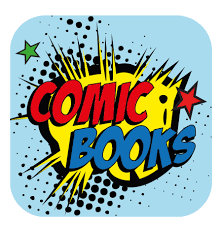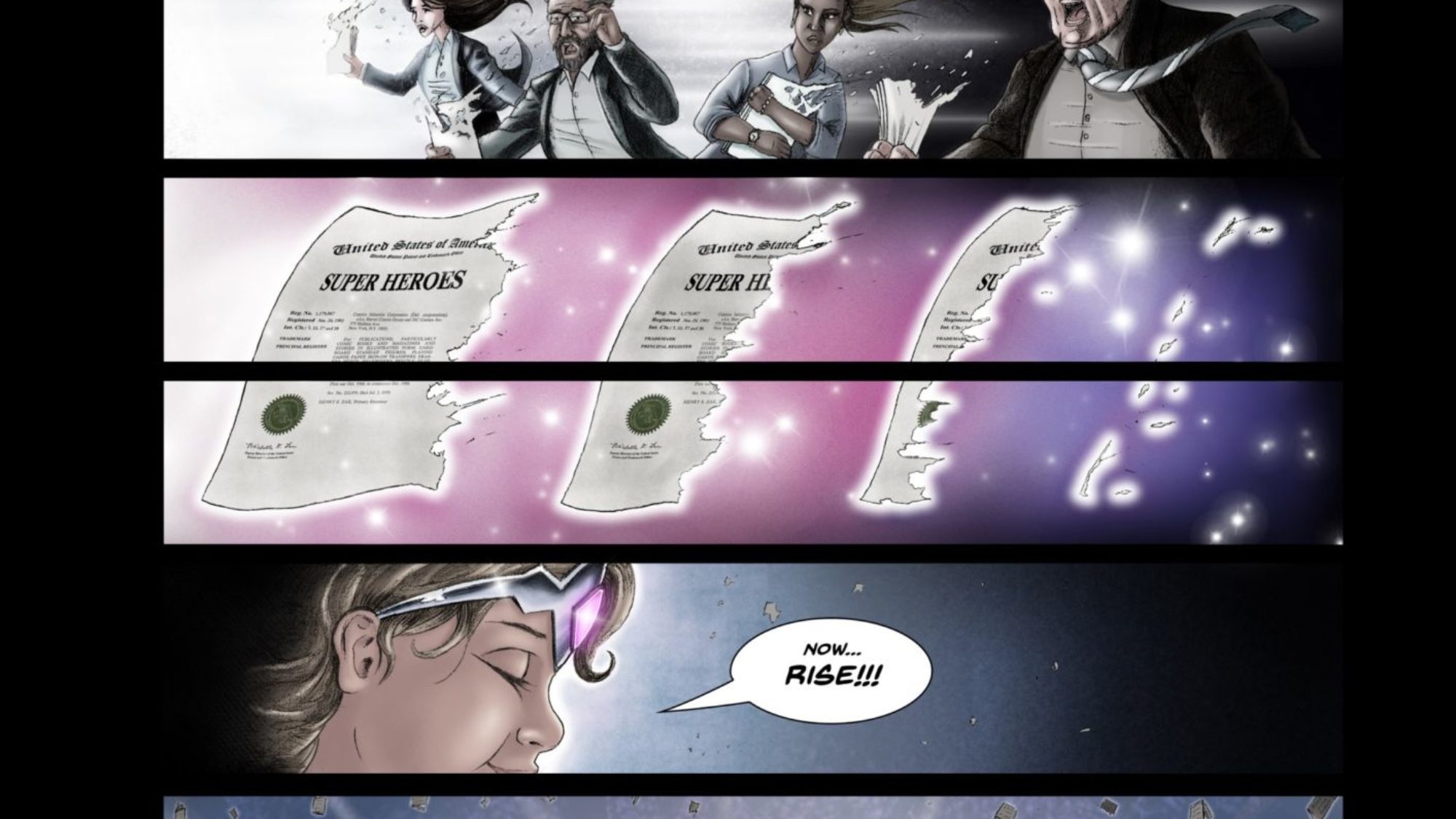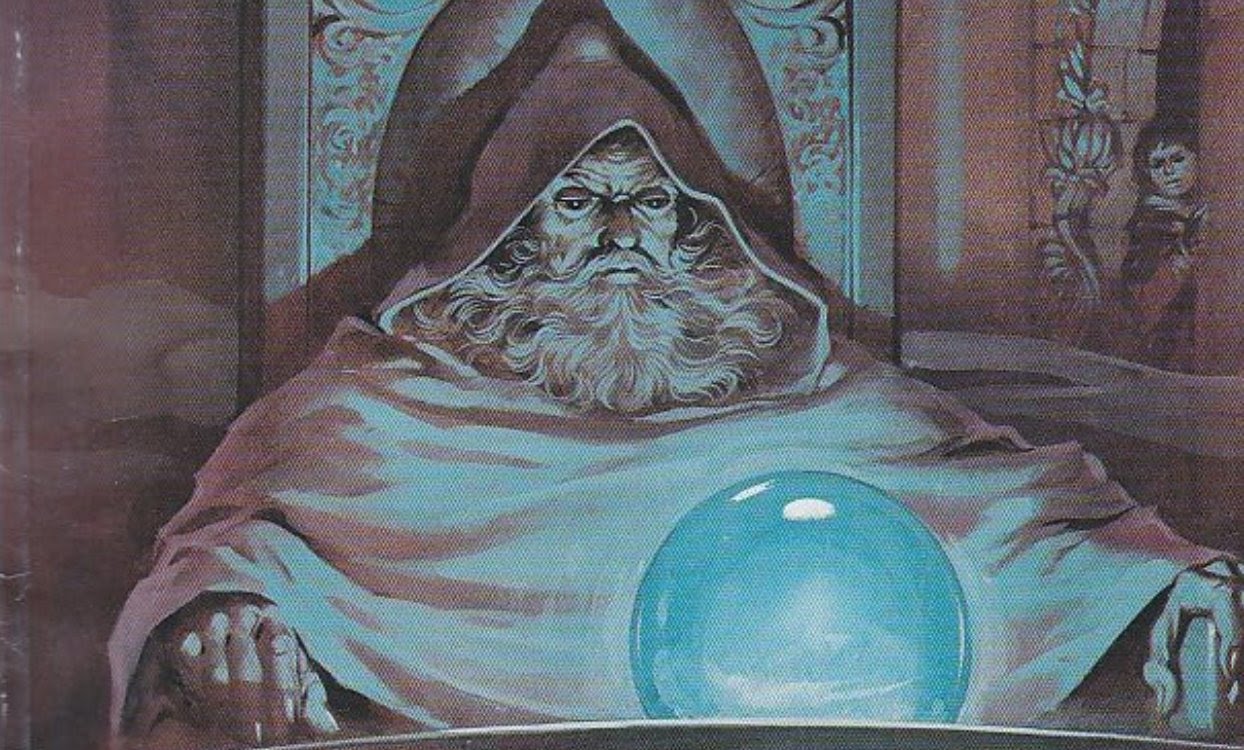- cross-posted to:
- dccomics@lemmit.online
- cross-posted to:
- dccomics@lemmit.online
The law firm of Reichman Jorgensen Lehman & Feldberg (RJLF) has announced a landmark victory in its trademark case against comics publishers Marvel and DC Comics. They have obtained an order from the U.S. Patent and Trademark Office cancelling Marvel and DC Comics’ joint trademark for the word “Super Hero” and thus allowing everyone to freely use the term.
This was granted after Marvel and DC failed to respond to court requests. RJLF represents their clients, S.J. Richold and Superbabies Limited, in the case.
That’s weird. I never would have thought they owned the term, even jointly.
I’m fairly certain they knew they couldn’t win and that’s why they didn’t bother to respond.
I don’t believe you have to “own” it per se. You either have to be currently using it, or plan to use it, and then file for it.
I’m glad to see that the courts made the right decision here.
A trademark is exactly that: Ownership. Anybody else using it has to pay you a license fee for permission, or can be denied using it. They have most definitely used the term all over, and might have prevented others from using it. Hard to tell.
I wasn’t clear about it in my post; I was referring to requirements when applying for a trademark. But you’re right that when you’re granted a trademark, you then own whatever it is that is trademarked.
At the end of the article it has a list of actions they have taken using the trademark.
Some of the actions listed at bottom of the article seem like over reach:
In 1996, an Australian company Hero Marketing Pty Ltd applied for a trade mark, opposed by DC Comics and Marvel and eventually cancelled the trade mark.
The villainous IP comic excerpts are cute but in common usage its been a genericized term forever.
The fact they both shared the trademark offers an argument that it was a genericized trademark from day one. After all if one thought they would win the argument that it applied only to their products they would have taken it exclusively for the competitive advantage.
Yeah, I thought that the whole point of trademarks to help consumers distinguish businesses in a given industry. Doesn’t a “shared trademark” defeat the whole purpose?






